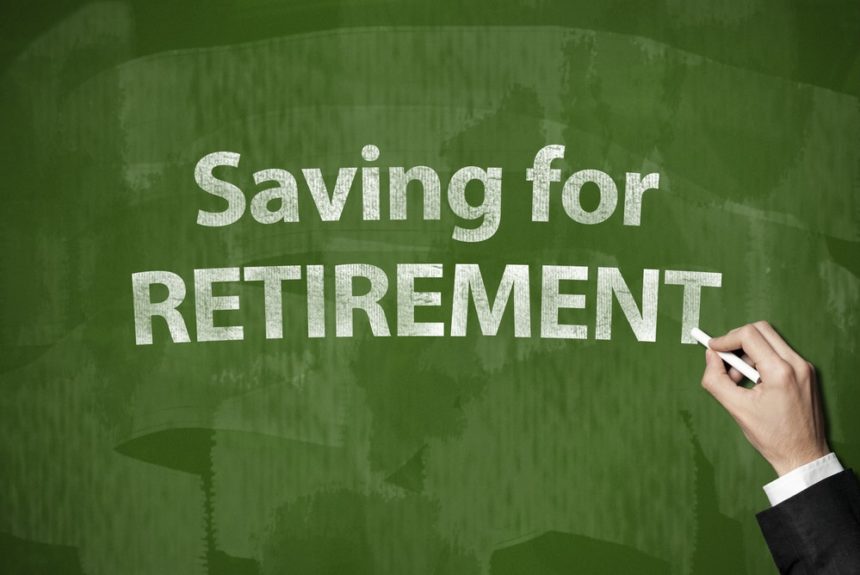Today’s lifespan is about 80 years – 78.7, to be exact – and many people look to retire at age 62. So, retirement is about an 18-year span. But, you say, that hard-earned state pension will take care of your needs. After all, that’s why you paid into the program – right?
Wrong. The Pew Charitable Trusts, a nongovernmental organization, says state pension systems currently have, on average, less than 70 percent of the assets they need to be able to pay out benefits owed to current or retired public employees.
Yeah, but Social Security will pick up the balance – right?
Well, not exactly. The Old-Age and Survivors Insurance (OASI) and the Disability Insurance (DI) trust funds are running out of money. The Social Security Administration’s trustees anticipate those accounts will run out of money in 2035. However, even if Congress does nothing to address the shortcomings, Social Security will rely on taxes; we will just get less of a benefit.
Here are four ways you can boost your retirement savings:
- Start saving now. The more you can invest at a younger age, the better, and max out your retirement fund(s) contributions.
- Open an IRA – either a Traditional or a Roth. These are different plans, so be sure to understand which is best for you.
- Be sure to pay yourself first! Always make your contributions to retirement before budgeting for a I-want-to-have or a I’d-like-to-have.
- Bonus! Hey, you work hard and your employer rewards that effort with nice check. Add that windfall to your retirement fund.
Pensions and Social Security will get you only so far toward paying for retirement. Now is the time to ensure that any gaps or shortfalls will not be life changing. Set your goals, rein in your spending, maybe even consider delaying taking Social Security benefits until you’re 70.
Bottom line: Start planning for retirement as soon as you can and take advantage of the power of compounding interest. While younger investors can take risks with their investments, older investors closer to retirement should be more conservative. Your retirement plans will change; rebalance and update as needed.
